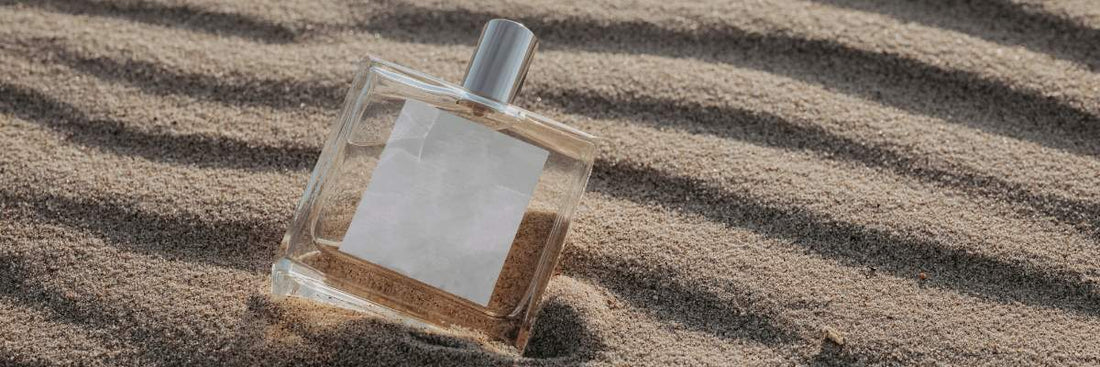
5 Common Myths About Perfume Longevity-and the Surprising Truth Behind Each One
Share
Perfume does more than smell nice; it gives off a vibe that's all your own. Still, many of us scratch our heads over how long that vibe will last. Old wife's tales sneak in and twist the facts, leaving us either disappointed or reeking of scent by noon. Let's knock the fog away and get straight to the point.
Myth 1: The More You Spray, the Longer It Lasts
Fact: Extra pumps only drown the people standing next to you.

Sure, it feels smart to drown your wrists in clouds of fragrance, but each bottle is already loaded with its "stay-in-the-air" potion. Slathering on more doesn't stretch life; it makes the air around you smell like a perfume counter.
Tip: Hit the warm spots—wrist, neck, and possibly behind the ears—once or twice. They nudge the scent out slowly instead of drowning it in booze and oil.
Myth 2: High-End Perfumes Stick Around All Day
People often say that a pricey bottle will accompany you from morning to midnight.
The truth is that the lasting power of any scent depends on its formula, not just the designer label.

Luxury houses sell both light and heavy blends, so two $250 sprays on the same shelf can behave in totally different ways. Eau de Parfum tends to last for six to eight hours, thanks to a thicker splash of oils, while Eau de Toilette lasts for about three hours. Fragrance mist? You'll need a refill before lunch.
If your goal is endurance, look for orientals or woods; those deeper notes keep coming back long after flowers have wilted. A single spritz of amber or sandalwood usually stays on your collar for days.
Myth 3: Sniffing the Cap Tells You How Long It Lasts
Judging a perfume by the glass is like trying to guess a cake by looking through the oven door.
The real story only appears after the juice warms up on your skin, where temperature and moisture shift the notes in real-time. The warmth from your wrist pushes vanilla forward and cools citruses down, sometimes in surprising ways.

Test strips can help narrow down a choice, but they never replace the final verdict; oils in dry skin absorb fragrance more quickly than in oily skin, robbing some people of the scent altogether.
Always spray a small amount on your pulse point before purchasing. Walk around the store for an hour; if the scent still greets you when you sit in your car, it's worth the investment.
Spray a little on your wrist and give it some time-think a couple of hours. That quiet stretch is when the scent settles in and reveals how long it lasts.
Myth 4: The Bathroom Is a Great Home for Perfume
The Real Deal: Heat and humidity break down a fragrance fast. Even an unopened bottle can lose its charm if left in a steamy bathroom.
Direct sunlight is just as cruel. Light causes oxidation, and that rusty smell shows up quicker than you think.
Smart Move: Store your scent in a dresser drawer or on a shelf that never sees direct sun. A steady, cool room temperature keeps the liquid happy.
Myth 5: Rubbing Wrists Locks In the Scent
What Happens: That back-and-forth motion snaps the fragrance molecules like wet chalk. They vanish, and your perfume fades before you even leave the house.
Many of us engage in the rub-out habit without a second thought. Friction warms the skin and speeds up evaporation, shooting the longevity in the foot.

Best Practice: Spray the pulse points —wrist, neck, and behind the ears—and walk away. Let the scent dry on its own, and it will last longer.
Little tweaks to how you store and apply fragrance work wonders. When you treat the bottle and yourself with care, your favorite scent tells a fuller story, one that lasts all day.
How long a fragrance sticks around really comes down to what you do with it. Select the right scent type, apply it strategically, and store the bottle in a superb location—you're in control.
Once you spot the truth behind the old myths, you'll feel good about every pump. Grab whatever is sitting on your dresser, try the tricks, and watch the aroma hang on a little longer. Every perfume you love should get that chance.





